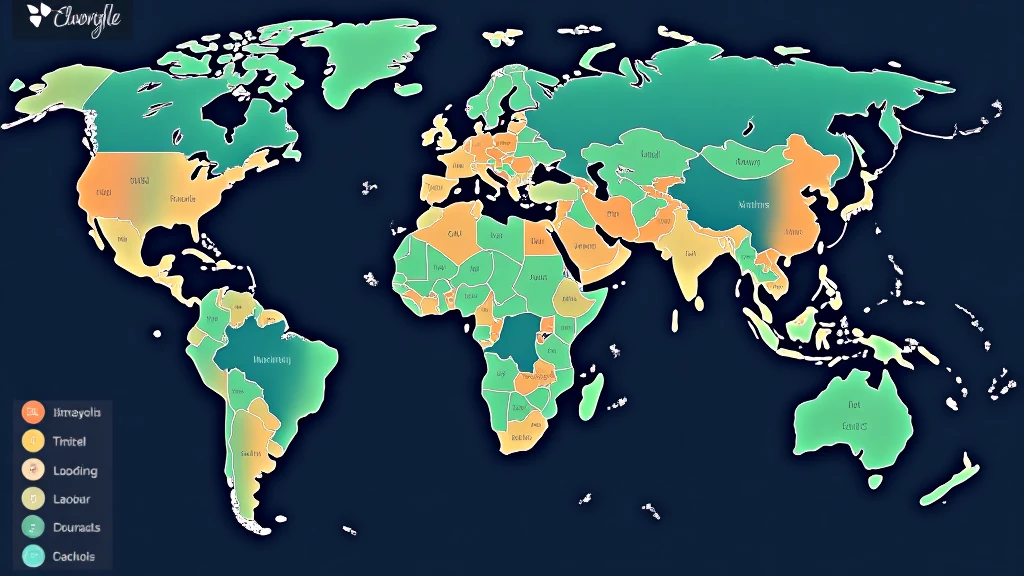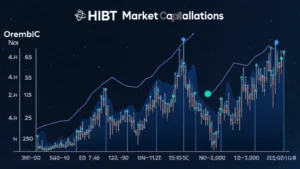Navigating Vietnam’s Crypto Stablecoin Regulations
As the global market for digital assets evolves, understanding regulatory frameworks becomes vital for investors and companies alike. In Vietnam, the rise of cryptocurrencies and specifically stablecoins has brought forward significant discussions about regulatory standards. With an increasing user base in Vietnam and reported user growth surging by 60% in 2023, the Vietnamese government is under pressure to establish clear regulations that not only foster innovation but also ensure security. This article provides an insightful look into Vietnam’s current crypto stablecoin regulations, the challenges faced, and the future outlook in this dynamic landscape.
Understanding Stablecoins in the Vietnamese Context
Stablecoins are digital currencies pegged to stable assets, providing a stable value in an otherwise volatile market. In Vietnam, these instruments are gaining traction as they offer users a reliable means of value transfer, especially in remittances and online transactions.
- **Growth of Digital Transactions**: Over 40% of Vietnamese users have engaged in digital transactions over the past year.
- **Usage of Stablecoins**: An estimated 23% of the crypto community in Vietnam prefers stablecoins for their transactions.
In the context of local regulations, stablecoins can play a pivotal role in enhancing monetary stability and facilitating financial inclusivity.

The Current Regulatory Framework
The Vietnamese government has taken a cautious approach towards cryptocurrency regulation. Currently, there remains no comprehensive legal framework governing stablecoins. The State Bank of Vietnam has issued warnings against unauthorized trading and initial coin offerings (ICOs), emphasizing the need for regulations that promote consumer protection and financial stability.
Amidst the regulatory uncertainty, the Ministry of Finance released a draft on the management of cryptocurrencies, which seeks to:
- **Establish clear criteria for the issuance of stablecoins**
- **Provide guidelines for taxation on crypto transactions**
- **Determine regulatory bodies for oversight and enforcement**
Challenges Facing Regulation Implementation
Vietnam’s regulatory concerns revolve around several key issues, which impact the adoption and integration of stablecoins:
- **Lack of Expertise**: There is a significant gap in blockchain expertise among regulators.
- **Market Fluctuations**: Frequent changes in the values of digital currencies complicate risk management.
- **Consumer Education**: A general lack of understanding among the populace regarding stablecoins and cryptocurrency is prevalent.
As policymakers navigate these challenges, their decisions will determine the growth trajectory of Vietnam’s crypto market.
Future of Stablecoin Regulations in Vietnam
The landscape for stablecoins in Vietnam holds promise for the future, especially with regulatory frameworks potentially underway. The emphasis on compliance and regulatory clarity will bolster user confidence. As highlighted in recent discussions, local stakeholders anticipate:
- **The establishment of a licensing mechanism for crypto exchanges**
- **Introduction of anti-money laundering (AML) measures for stablecoin issuers**
- **Development of public awareness campaigns focusing on cryptocurrencies**
As stablecoins continue gaining traction, their regulation can be compared to a double-edged sword, fostering innovation while ensuring investor protection.
Conclusion: Prospects for Stablecoins in Vietnam
In summary, while Vietnam’s regulatory environment concerning stablecoins remains in its infancy, the prospects for future developments are promising. The government’s intent to create structured guidelines is essential for building a robust crypto ecosystem. With the rise of secure blockchain practices (tiêu chuẩn an ninh blockchain) and the widespread adoption of digital assets, stablecoins could provide a significant cushion against market volatility for Vietnamese investors. It’s crucial for market participants to stay informed and adaptable as the regulatory narrative unfolds.
For further information and resources on cryptocurrency regulation in Vietnam, consider exploring hibt.com. Remember, this guide does not constitute financial advice—always consult local regulations before engaging in cryptocurrency activities.
Author: Dr. Nguyen Thanh Trung, a recognized authority in blockchain technology, holds numerous publications in the field of digital currency regulations and has led audits on major financial frameworks. His insights are pivotal for anyone looking to navigate the future of blockchain in Vietnam.











